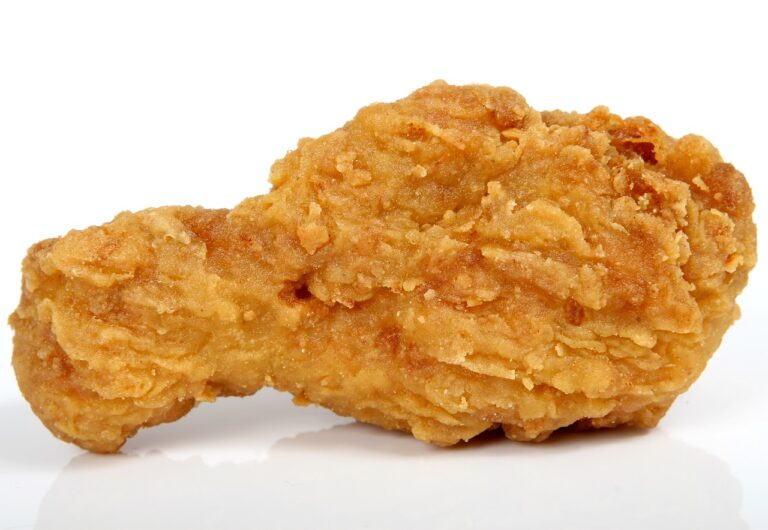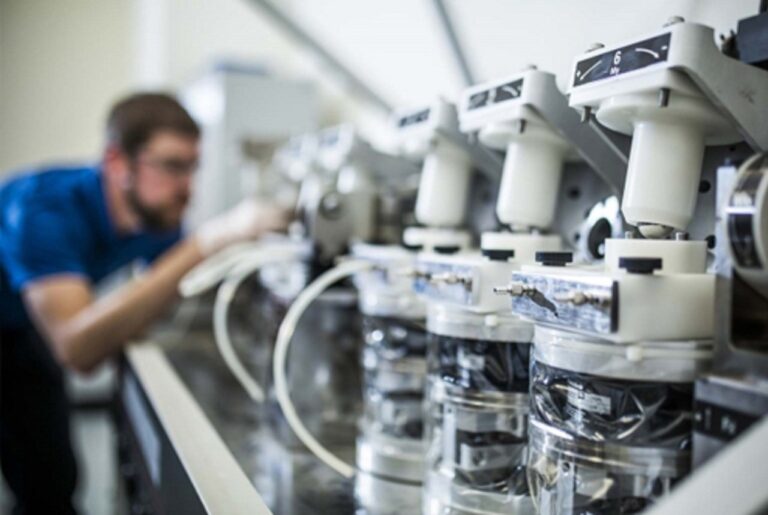Bariatric Surgery and Muscle Mass: Tips for Preservation: Allpannel com, Play 99 exch, Gold id 365
allpannel com, play 99 exch, gold id 365: Bariatric Surgery and Muscle Mass: Tips for Preservation
Are you considering bariatric surgery to help with weight loss and improving your overall health? While this procedure can be highly effective in helping individuals shed excess weight and combat obesity-related health issues, there is a common concern about losing muscle mass in the process. Muscle mass plays a crucial role in metabolism, strength, and overall health, so it’s essential to take steps to preserve it during and after bariatric surgery. In this article, we’ll discuss some tips to help you maintain muscle mass and enhance your recovery journey.
1. Prioritize Protein Intake
Protein is the building block of muscle, so it’s crucial to prioritize protein-rich foods in your diet before and after bariatric surgery. Aim to include lean sources of protein such as chicken, fish, eggs, tofu, and legumes in every meal to support muscle maintenance and repair.
2. Incorporate Strength Training
Strength training exercises are key to preserving and building muscle mass. Include resistance exercises like weightlifting, bodyweight exercises, or resistance band workouts in your fitness routine to maintain muscle strength and mass post-surgery.
3. Stay Hydrated
Proper hydration is essential for muscle function and recovery. Drink an adequate amount of water throughout the day, especially after exercise, to support muscle health and prevent dehydration.
4. Monitor Nutrient Levels
After bariatric surgery, it’s essential to monitor your nutrient levels regularly to ensure you’re getting the necessary vitamins and minerals for muscle preservation. Consult with a healthcare provider or dietitian to create a personalized supplement plan tailored to your specific needs.
5. Focus on Balanced Meals
Eating a balanced diet that includes a variety of nutrients is key to supporting muscle mass and overall health. Fill your plate with a mix of lean proteins, whole grains, fruits, vegetables, and healthy fats to provide your body with the fuel it needs to thrive.
6. Listen to Your Body
Lastly, listen to your body and adjust your diet and exercise routine as needed. Pay attention to signs of fatigue, weakness, or muscle loss, and consult with healthcare professionals if you notice any concerning changes.
FAQs
Q: Will I lose muscle mass after bariatric surgery?
A: While muscle loss can occur after bariatric surgery, incorporating protein-rich foods, strength training, and proper hydration can help preserve muscle mass.
Q: How much protein should I consume daily post-surgery?
A: Aim to consume at least 60-80 grams of protein per day after bariatric surgery to support muscle maintenance and recovery.
Q: Can I start strength training immediately after surgery?
A: It’s essential to consult with your healthcare provider before starting any exercise routine post-surgery. Begin with light exercises and gradually increase intensity as you recover.
In conclusion, bariatric surgery can be a powerful tool for weight loss and improving health, but it’s essential to take steps to preserve muscle mass throughout the process. By prioritizing protein intake, incorporating strength training, staying hydrated, monitoring nutrient levels, focusing on balanced meals, and listening to your body, you can support muscle health and enhance your recovery journey. Remember to consult with healthcare professionals for personalized advice and guidance tailored to your individual needs.







